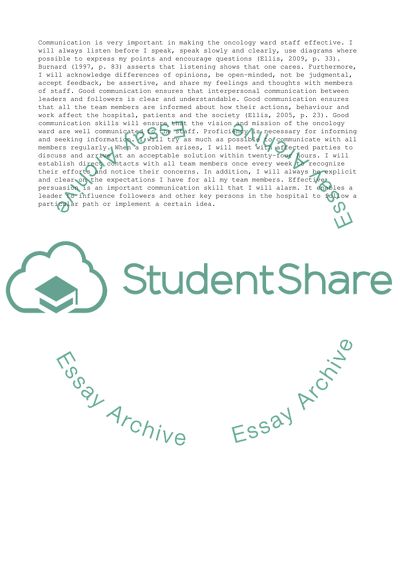Cite this document
(“The Developing Conflict Management Skills in the Hospital Essay”, n.d.)
The Developing Conflict Management Skills in the Hospital Essay. Retrieved from https://studentshare.org/management/1746757-lleadership-skills-module
The Developing Conflict Management Skills in the Hospital Essay. Retrieved from https://studentshare.org/management/1746757-lleadership-skills-module
(The Developing Conflict Management Skills in the Hospital Essay)
The Developing Conflict Management Skills in the Hospital Essay. https://studentshare.org/management/1746757-lleadership-skills-module.
The Developing Conflict Management Skills in the Hospital Essay. https://studentshare.org/management/1746757-lleadership-skills-module.
“The Developing Conflict Management Skills in the Hospital Essay”, n.d. https://studentshare.org/management/1746757-lleadership-skills-module.


